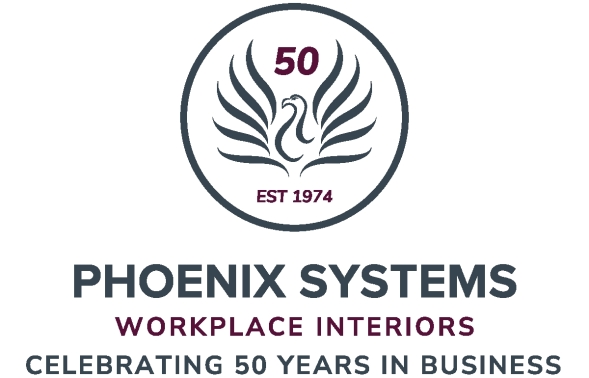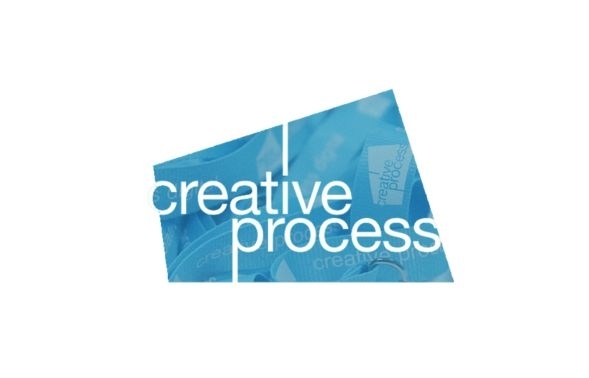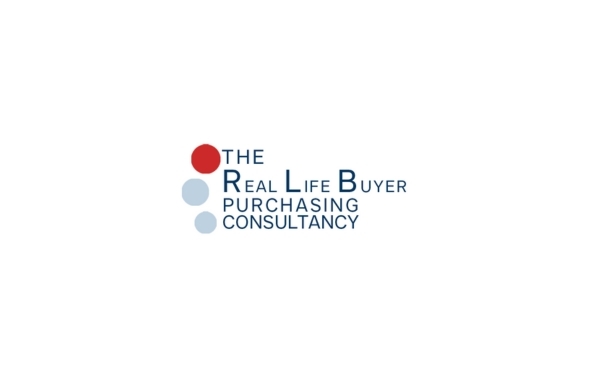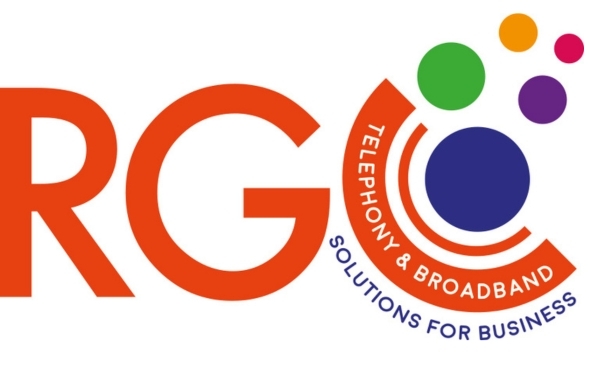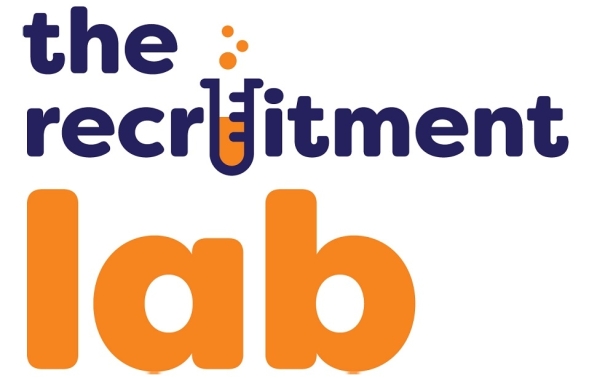MENU
Get Ready for Simpler Recycling UK | Waste Regulations
If your business employs more than 10 full-time equivalent employees, your business will need to get ready to conform to the new UK business waste and recycling regulations which come into effect on the 31st March 2025. The new regulations, also called the ‘Simpler Recycling Scheme’ are designed to improve recycling rates by businesses across the country. Each local authority will need to provide improved collection services and as a business you need to get ready to have the sorting systems in place. If you’re thinking ‘Great, more bins!’, then you’re not alone but the good news is that the amended legislation has actually reduced the number of bins required in the initial proposals. However, what this probably means is 1) you need to review your recycling procedures and number of bins and 2) have somewhere to put them! This blog outlines the timeline and key responsibilities for businesses, as well as some ideas of how to sort and manage your recycling.
This legislation applies to businesses and relevant ‘non-domestic premises in England. Specifically, businesses with more than 10 FTE employees. Relevant non-domestic premises are defined as: residential homes, premises forming part of an educational establishment and premises forming part of a hospital or nursing home.
If your business is smaller than 10 full-time employees, good news: you have a reprieve. Micro firms are temporarily exempt but will have to conform by 31st March 2027.
The Government describes this as ‘core recyclable waste streams’ which cover:
Glass, metal, plastic, paper, card and food waste. It does not include garden waste. Plastic does not include plastic film. Plastic film is scheduled to be collected kerbside by 31st March 2027 but it will need to be separated from general plastic in 2025.
While it may not feel ‘simpler’ to have to do more, getting an updated process in place will help you to smooth the transition. Here are three pointers to start;
For some businesses, such as healthcare organisations, waste management is a critical part of your daily process but whatever sector you’re in, the new regulations will probably demand some changes. To start with, complete a review of your organisation of how waste and recycling is currently managed, how it’s collected and sorted within your organisation and the processes in place for its onward disposal. This will give you the information you need for point 2.
Your recycling demands are changing so new bins and signage are likely to be needed. Review your current bins and how they are used. Consider what you might need to do to achieve changed recycling behaviour from your staff. For example, traditional black bins signal ‘rubbish’, if you want to really make sure your staff help you with your compliance, at a minimum good signage is needed to remind them the bin is now used for something else. Even better, a new bin, colour-coded for the specific recycling item, e.g. green for food waste will help recognition and trigger the right behaviours. Just as importantly, the right waste in the right bin, will help you save on disposal costs and ensure compliance.
While waste and recycling may not be the most exciting of topics and not high on every person’s agenda for the day, you need everyone on board to ensure your compliance. Take time before the deadline to make sure all staff have training to know what’s expected. Signage will also help to back this up consistently from day to day.
To learn more about what's expected from sorting your waste, you can read more government guidance here.
